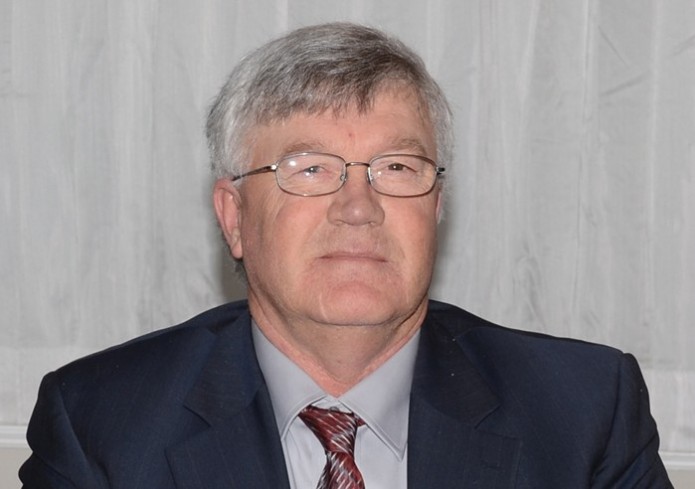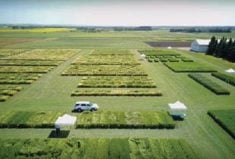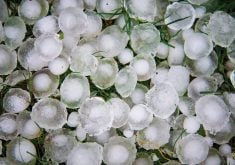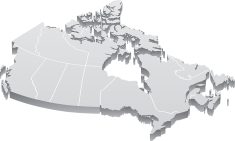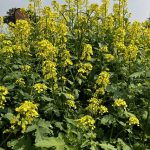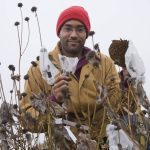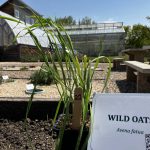Nose to the grindstone’ is a good way to describe how the folks at the Alberta Federation of Agriculture have been working since the group’s rebrand in the summer of 2013.
“We’re involved in agriculture in all of its different aspects,” said board chair Lynn Jacobson, who farms near Enchant. “We’re trying to give another voice for some of these guys in Alberta.”
With roughly 400 members, including farmers and farm associations, the federation has continued to build on the work it did as Wildrose Agricultural Producers — a name that caused “confusion” once the Wildrose Alliance Party entered the political scene, he said.
Read Also
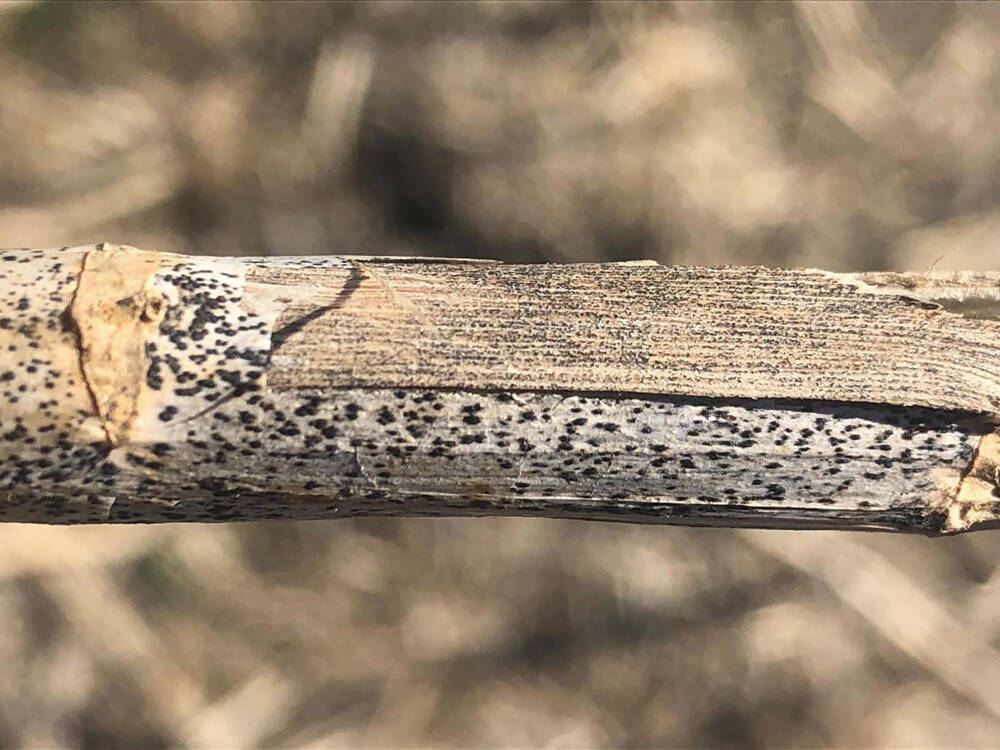
A look at disease prevalence in Alberta crops in 2025
Crop assurance program lead gives irrigated farmers a recap of disease prevalence in crops throughout Alberta
The organization works on “all issues” in agriculture, including transportation, plant breeding, farm safety, surface rights, and other matters. But rather than duplicate the efforts of other groups, the federation tries to act as a “central hub” that co-ordinates the diverse voices of Alberta’s farmers, said Jacobson.
“We try not to overlap too much with some of the work that the commissions in Alberta do,” he said. “We’ve all got limited resources, so there’s no use duplicating a lot of this.”
Co-ordinating that “unified voice” — on both a provincial and national level — has made the organization “fairly effective,” said Jacobson.
“If you’ve got too many groups and they’re all speaking on different subjects, they’re not co-ordinated, and lots of times, there’s even conflicting ideas on subjects,” he said. “That really doesn’t help agriculture. The government thinks it can do what it wants then, and there’s no pressure on it to fix the issues.”
The federation also deals with issues — such as child labour legislation, crop insurance boundary changes, and governmental policy changes — that can impact the day to day of a farmer’s operation, he said.
“All in all, we’ve been successful in representing producers’ needs,” said Jacobson. “We make little steps all the time. It’s the little things that add up.”
But their progress has been hampered by limited buy-in from producers and some of the larger commissions, like Alberta Barley and Albert Wheat, he said.
“Sometimes, they don’t see the value in joining us,” said Jacobson. “If we could increase our staff a little more, that would help us do more for producers. We don’t have the resources to do everything at once.”
But as a farmer himself, Jacobson sees the value in having a “more inclusive” organization that represents the needs of all farmers.
“We have an avenue to partner with a lot more diversified agriculture producers and bring that voice forward as a unified voice,” he said. “It gives us a voice on a lot of different subjects that are quite different than what the commissions deal with. There’s a lot more to agriculture.”

